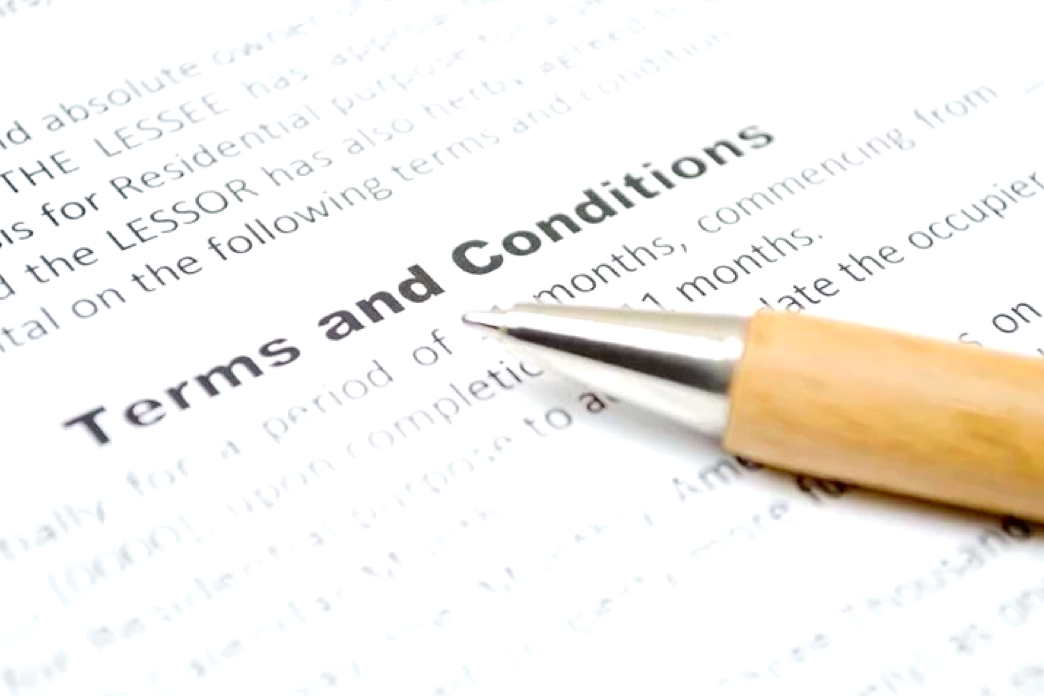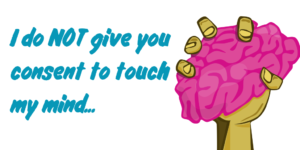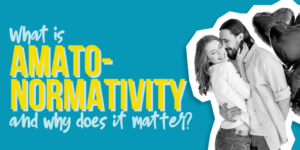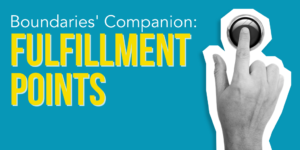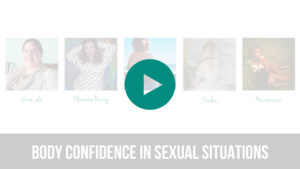This writing is now available as a podcast episode!
Back in 2016, I read an article by Mark Manson about how unconditional love is the highest form of love there is, and that many people never grow up enough to reach that level of relationship selflessness and nirvana. (link)
He talks about how people get “stuck on conditional relationships,” and says:
When our relationships are conditional, we don’t really have relationships at all.
and
Unconditional relationships are the only real relationships. They cannot be shaken by the ups and downs of life. They are not altered by superficial benefits and failures. If you and I have an unconditional friendship, it doesn’t matter if I lose my job and move to another country, or you get a sex change and start playing the banjo; you and I will continue to respect and support each other.
And I agree with the points he’s making, in the way he’s making them. After all, he’s taken the idea of conditional relationships and defined them to mean something very specific within his writing that gets narrower and narrower as he goes on—because it has to, to make his point.
In doing that, though, I think that he misses the real truth by a country mile.
It’s funny. His link has the slug “unconditional-love,” while he talks on and on about unconditional relationships.
Relationships and love are not the same.
Obviously.
Let’s talk about conditions.
Google [“define conditional”][https://www.google.com/search?client=firefox-b-1-d&q=define+conditional], and you get:
subject to one or more conditions or requirements being met; made or granted on certain terms.
Perfect. Now we have a foundation we can work with. I’m gonna relate this to kink, so that we can both narrow the scope and really pay attention to what’s going on when we say “unconditional relationships.”
For example, a condition of being in a relationship with me is consent. My consent is honored, their consent is given freely, enthusiastically, and with understanding.
Pretty simple, huh?
Now, would I be a more elevated human were I to set that “condition” aside in favor of a relationship that did not offer that?
I think not.
Limits. Limits are, in many ways our anti-conditions. Our non-compromisables. Those which we will NOT TOLERATE, usually for good reasons. But any reason will do, right? Because consent matters.
Especially in relationships.
So, therefore, there are always conditions.
Mark Manson says of conditional relationships:
These are relationships built on conditions. They are built on: “I will love you only if you make me feel good about myself; you will love me only if I make you feel good about yourself.”
Which is problematic, I agree. It also continues the confusion in his piece of mixing up love and relationships, writing as if they are one, when they are very different things in both definition and practice.
“I will love you only if you make me feel good about myself,” but I cannot feel good about myself sometimes, thanks to myself (no matter how hard you try), so I cannot love you no matter how good you are to me.”
That’s no good. And another example:
“I will love you only if you make me feel good about myself,” so there are times when I will withdraw my love because you are not fulfilling your duties.
Also no good.
However, what if we turn this around and say something like, “I will love you only if you do not constantly try to erode the goodness I feel about myself.”
Is that OK?
It’s a condition.
Or, what if we said, “I will be in a relationship with you only if you do not constantly try to erode the goodness I feel about myself. Otherwise, I might just love you and wish the best for you.”
That’s also a conditional relationship, yes?
And I, for one, think that’s pretty damn healthy. And grown up.
Another quote that struck me is:
Conditional relationships also cause us to tolerate being treated poorly. After all, if I’m dating someone because she has a rockin’ bod that impresses all my guy friends, then I’m more likely to allow myself to be treated like crap by her because, after all, I’m not with her for how she treats me, I’m with her to impress others.
Again, I agree with the point he is making, while believing that the exact opposite point is also true, that striving for unconditional relationships also causes us to tolerate being treated poorly, because well, we’re supposed to love them no matter what, and that means staying together through it all—thick and thin, high and low, consent and…non-consent?
I used to believe that was true, and I stayed in a relationship far longer than I should have.
As have many others.
LOVE, not just relationships, is also conditional, for me.
Or at least romantic love, rather than I-love-you-as-a-human-because-reasons love.
In my writing about 3 Critical Questions, someone accused me of using people as a means to an end.
And I copped to it.
I said, “People in my life ARE a means to an end. They are companionship, love, adventure, sexy times, laughter, and so much more. I value them highly for this.”
The most BASIC condition of my loving someone romantically is that we connect in specific and often undefinable ways, but two also matter and are very clear:
- They share most of my personal values.
- They communicate well and easily with me.
Of course, these are no guarantee for love, but they are requirements. Conditions, if you will.
Or love will never begin, much less continue.
Mark Manson said:
The trick to “growing up” is to prioritize unconditional relationships, to learn how to appreciate someone despite their flaws, mistakes, bum ideas, and to judge a partner or a friend solely based on how they treat you, not based on how you benefit from them, to see them as an end within themselves rather than a means to some other end.
I agree.
And yet, to become a partner or friend, I say you have conditions to begin with, and to remain a partner or friend, despite their flaws, mistakes, bum ideas and so on, they still have to meet minimum requirements. And simply treating you well is not enough for love or for relationships.
We need more.
More, also known as conditions.
I both love and relationship conditionally.
I’m not ashamed to say so.
What about you?


